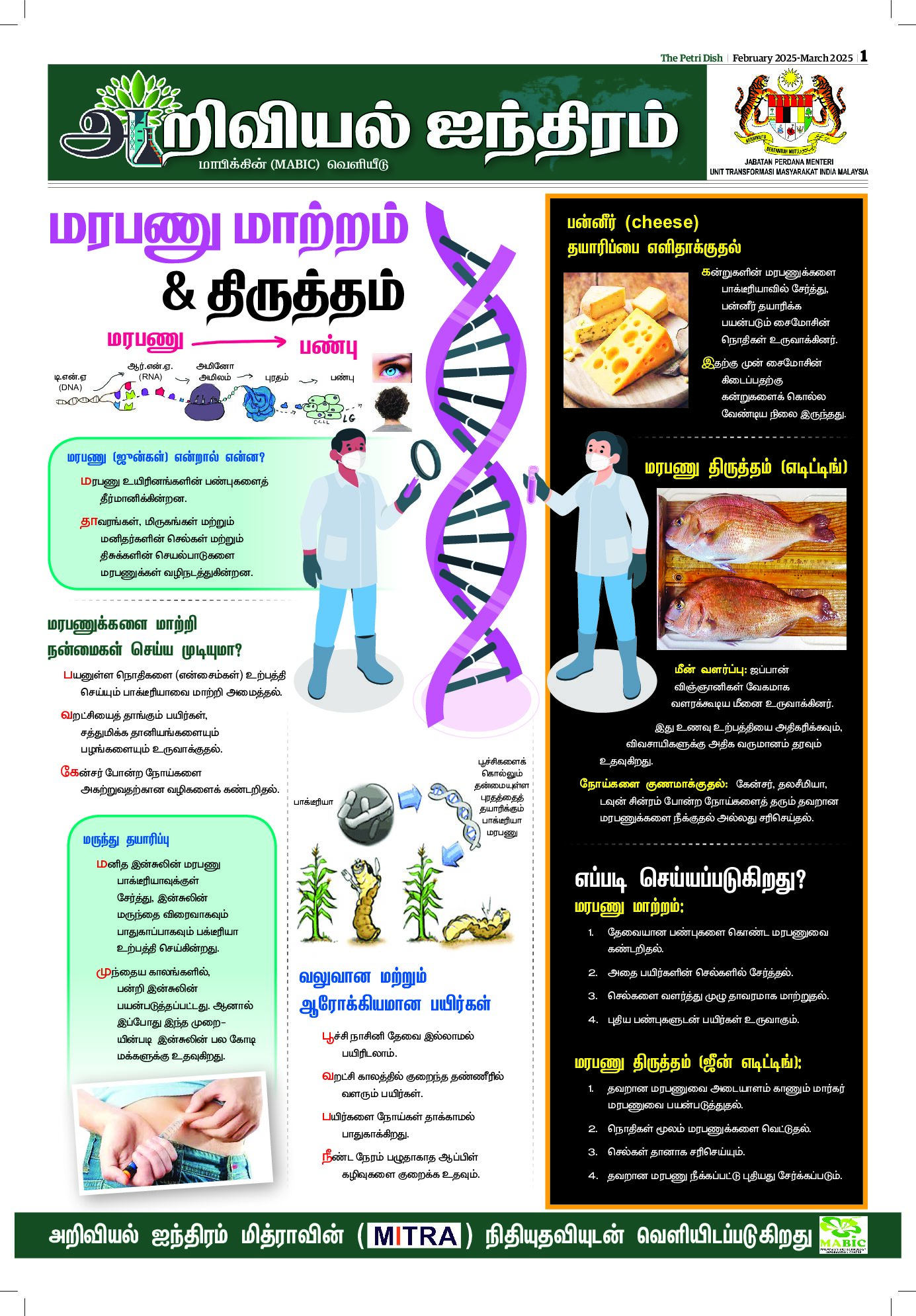AN INTERNATIONAL consortium of key academic and global seed company leaders from the USA, Canada, Europe, and Israel has successfully sequenced the canola genome. The consortium, led by Dr. Isobel Parkin, research scientist from Agriculture and Agri-Food Canada (AAFC), and Dr. Andrew Sharpe, director of genomics and bioinformatics from the Global Institute for Food Security (GIFS) at the University of Saskatchewan (USask) reached a key milestone in completing the full assembly and mapping the genomes of 10 diverse canola varieties cultivated in Canada, U.S., and Europe. The genome assembly and complete mapping were done using Israeli-based genomic big data company NRGene’s DeNovoMAGIC technology.
“Having top quality genomes of rapeseed/canola is crucial for identifying the genes responsible for key commercial traits,” said Parkin. “This will be a foundational resource for basic research that’s required to increase yield and nutritional values of rapeseed/canola.” The research consortium will also include the comparative mapping of the full genome sequences into a pangenome.
Canola is a major vegetable oil crop cultivated on approximately 35 million acres around the world. Biotech canola was planted in 10.1 million hectares in 2018. Canola oil is commonly used in food production and diverse industrial applications, including biofuel. Increasing the productivity of the plant will expand its use for a range of applications, replacing lower quality vegetable oils and diesel fuels.










